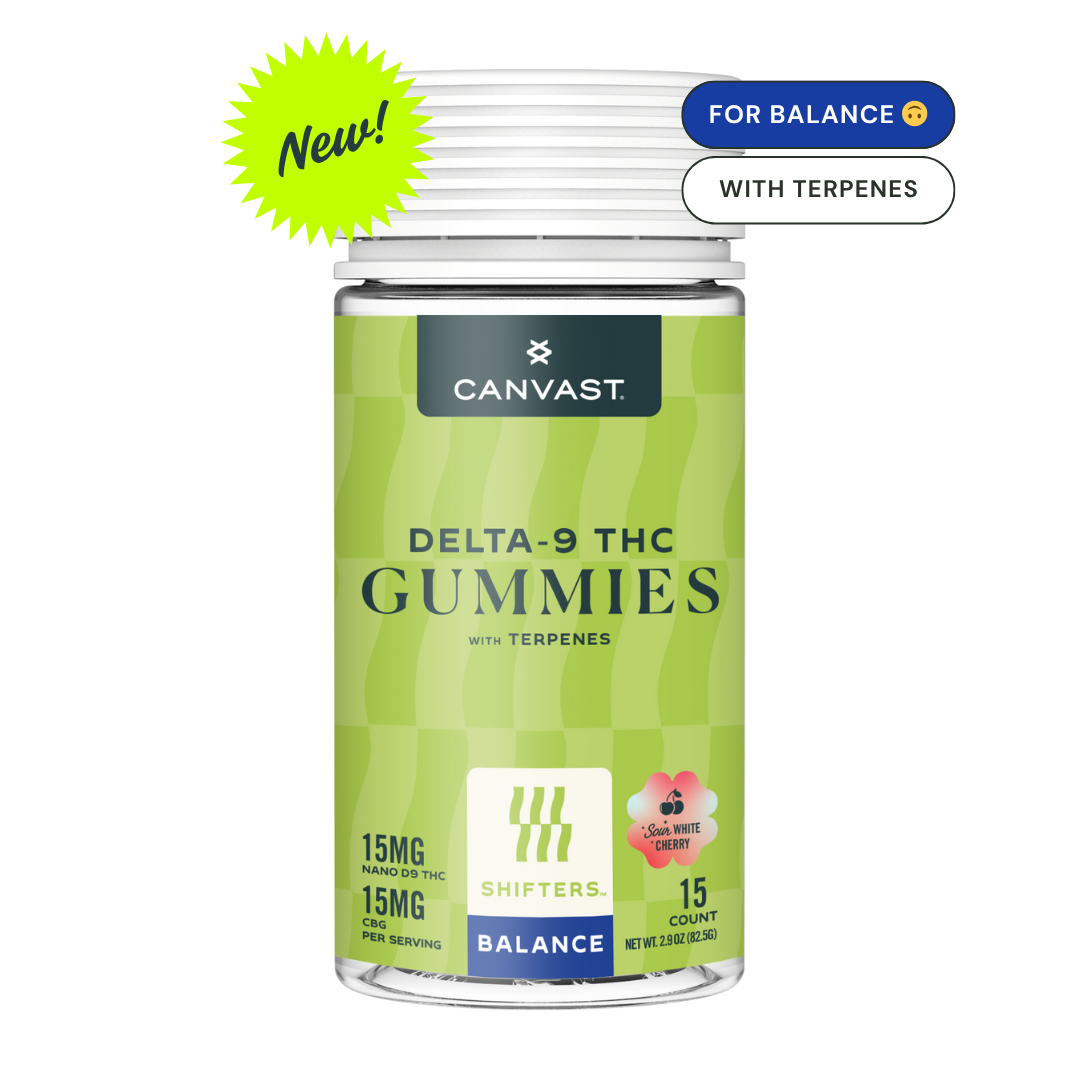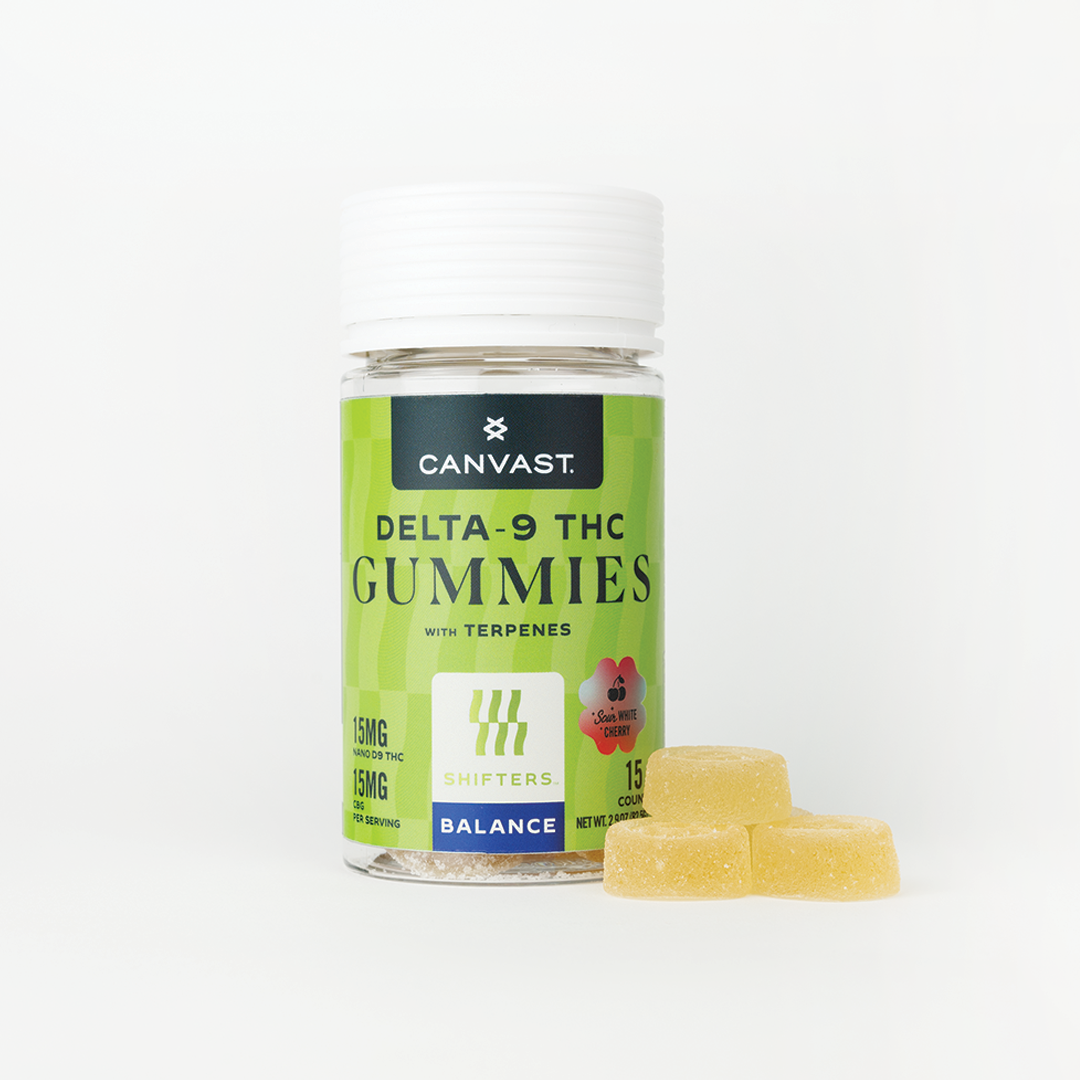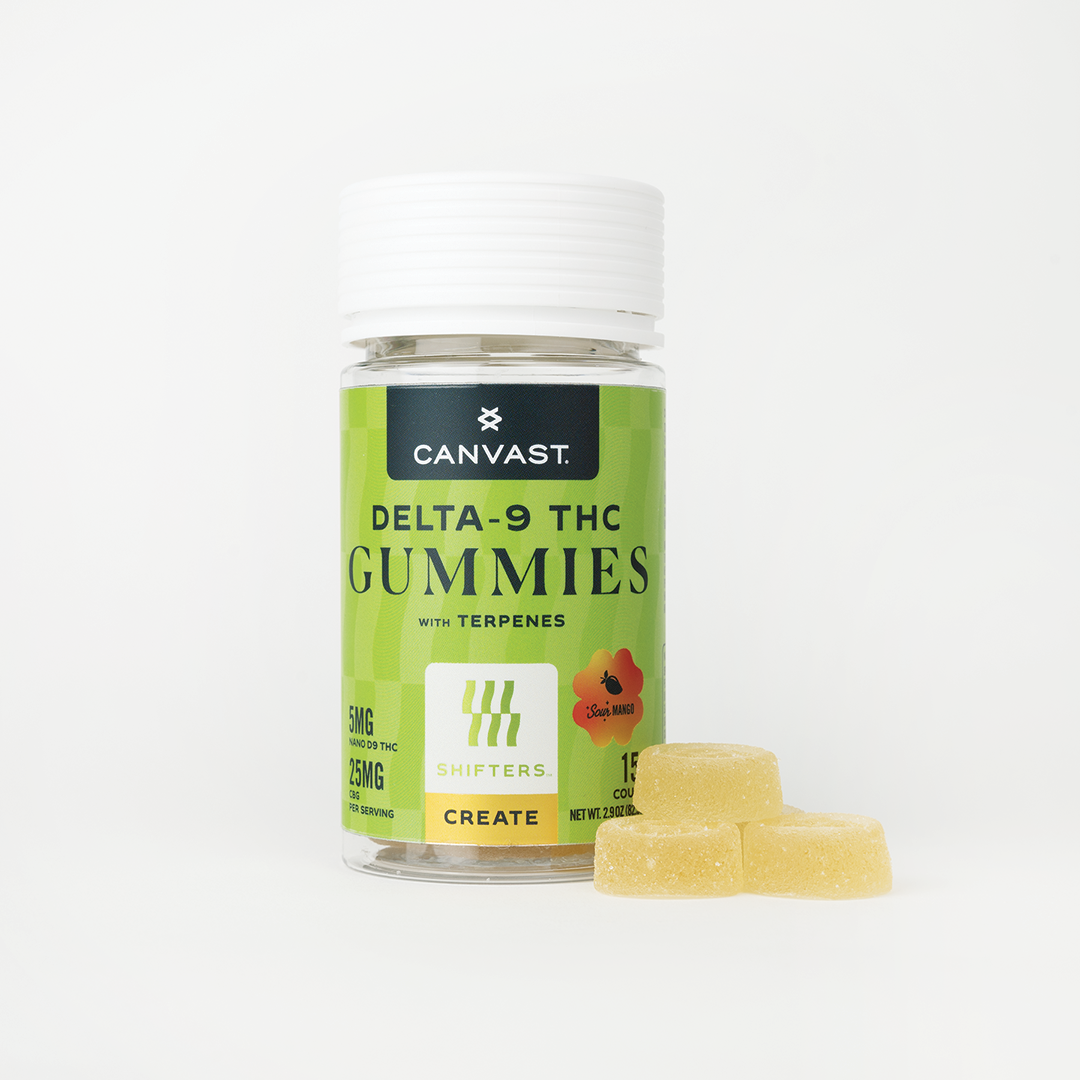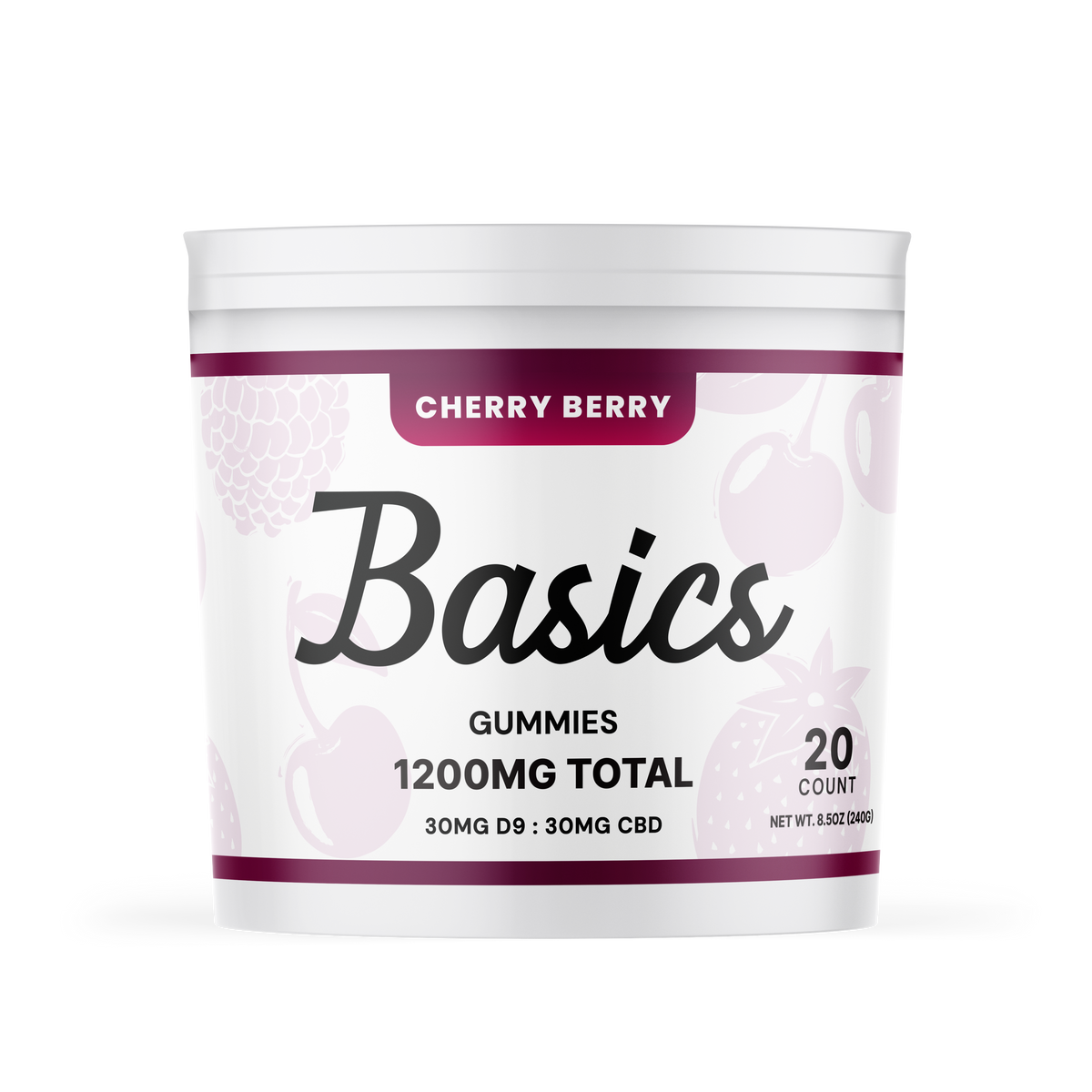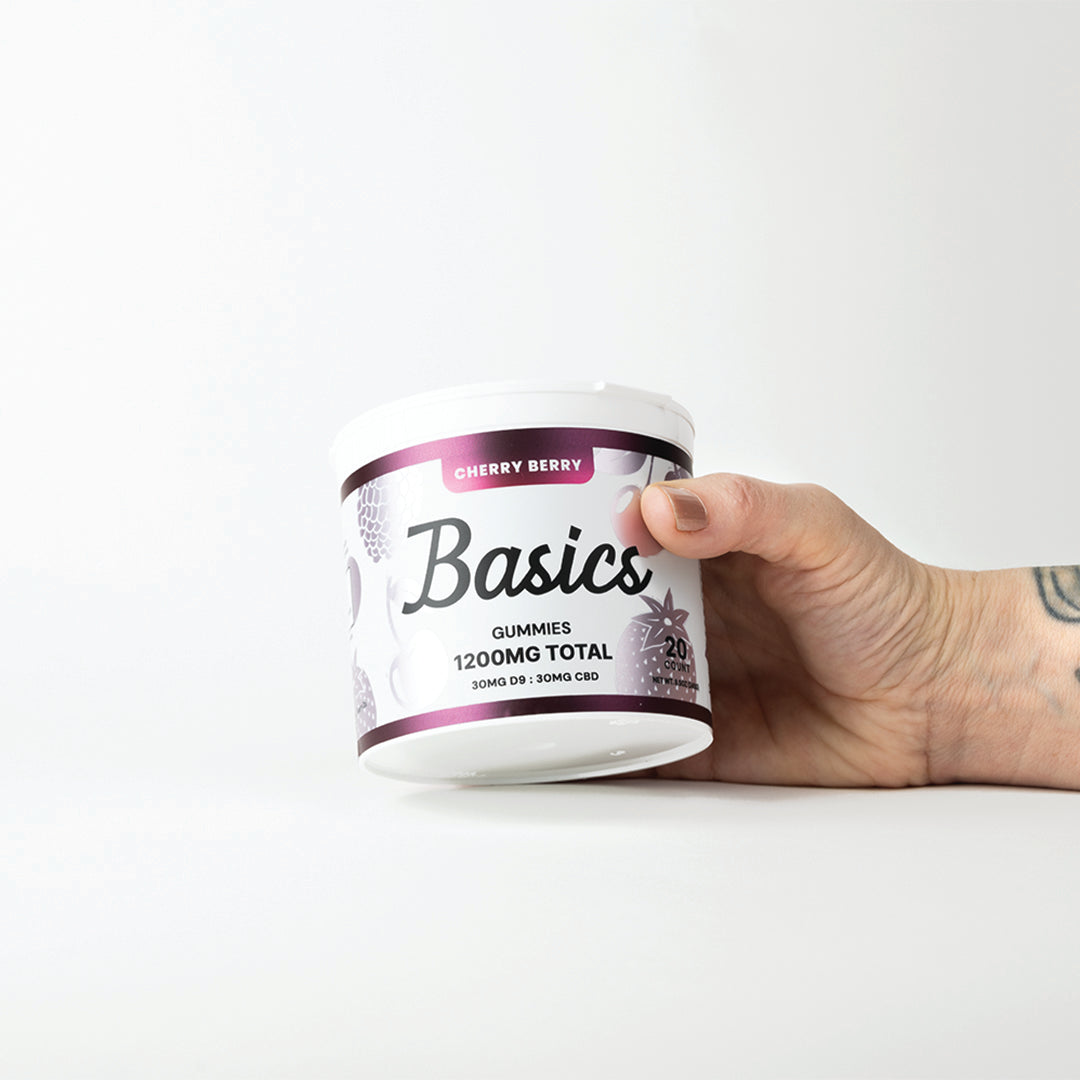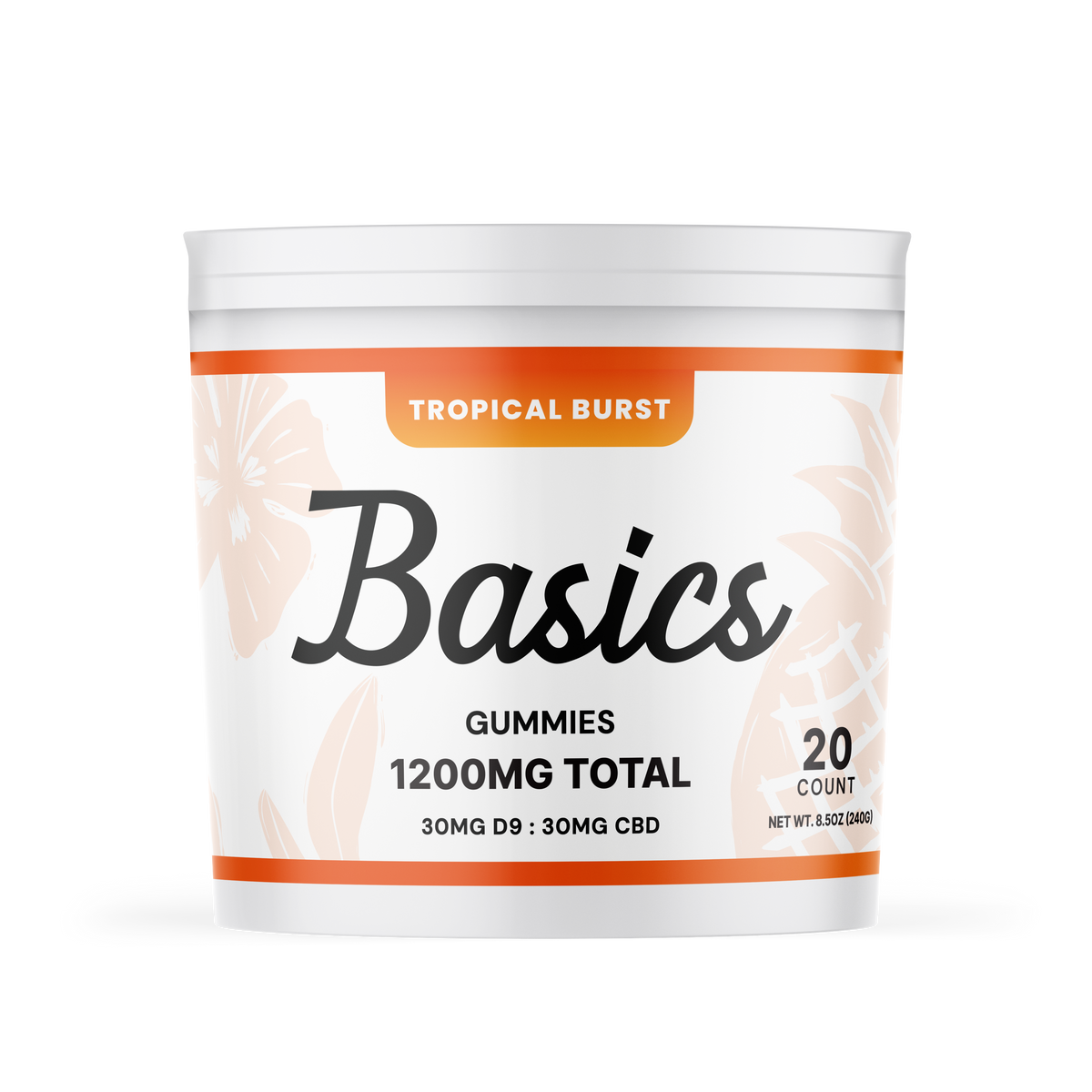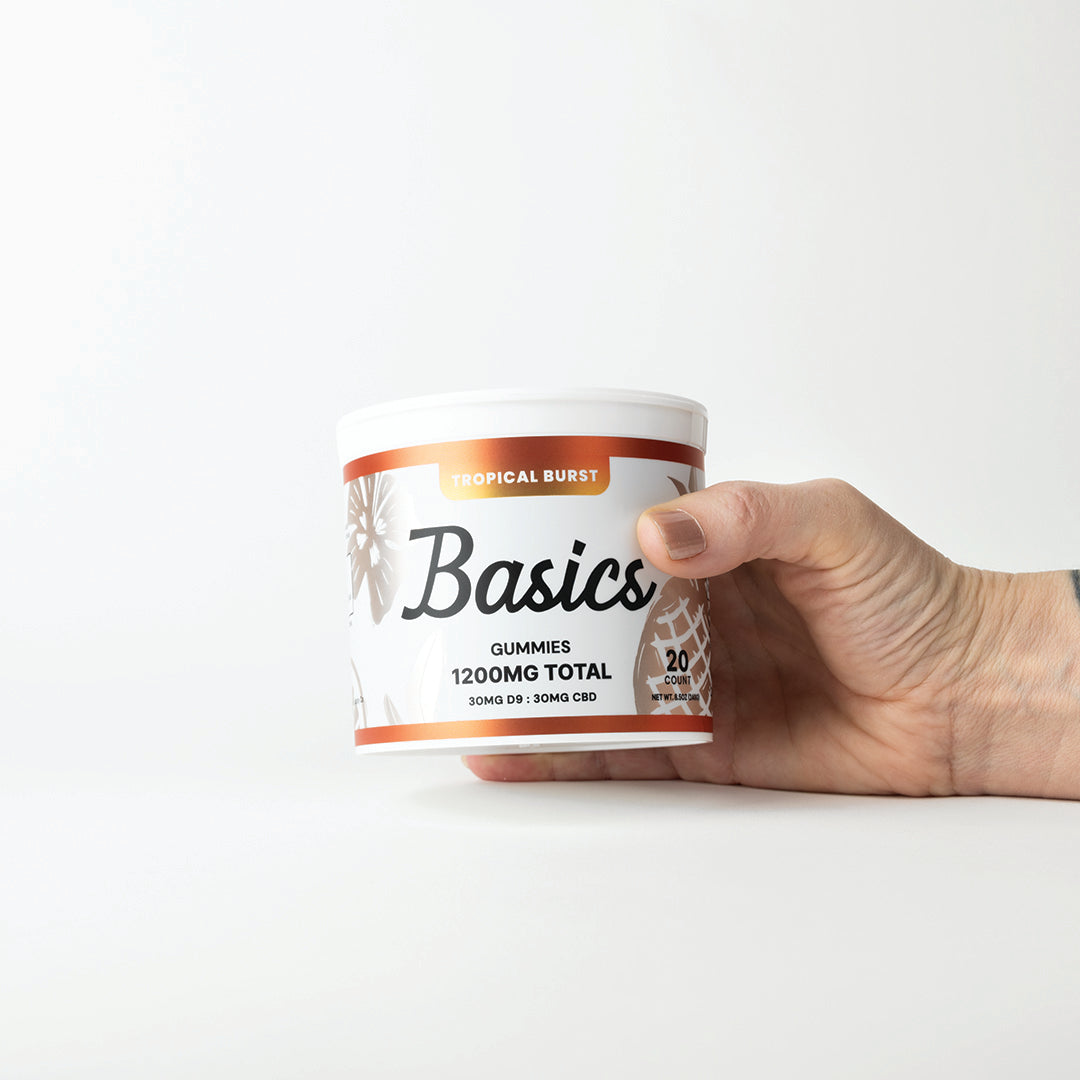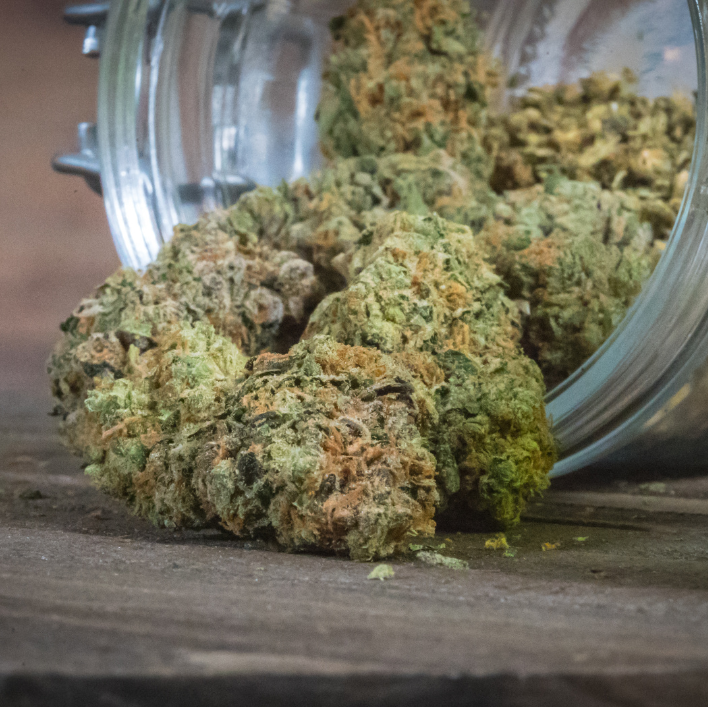The Potential of Microdosing for Mental Health: Subtle Doses, Significant Changes
In recent years, the conversation around mental health has expanded to include not only traditional therapies and medications but also innovative approaches like microdosing. Microdosing involves taking very small amounts of psychoactive substances, such as psilocybin or LSD, with the aim of improving psychological well-being without experiencing a full-blown psychedelic experience. This practice has gained traction among those looking for subtle ways to enhance their mental health, demonstrating potential benefits in areas like creativity, focus, and particularly, emotional wellness.
Understanding Microdosing
Microdosing typically involves taking about 1/10th to 1/20th of a recreational dose of a psychedelic substance. These amounts are too small to produce noticeable alterations in perception and consciousness, which is the goal: to influence the mind subtly enough that one can continue with their daily activities unimpeded. The regimen usually follows a structured schedule, such as dosing once every three days, allowing the body to experience the benefits without building tolerance.
Potential Mental Health Benefits
Enhanced Mood and Emotional Stability
Many users report improvements in their mood and overall disposition. Psychedelics, even in microdoses, are believed to increase the levels of serotonin in the brain, similar to the effects of conventional antidepressants but often with quicker onset and fewer side effects. This can lead to a more positive mood and greater emotional resilience.
Reduced Anxiety and Stress
Anxiety and stress are among the most common mental health challenges that people seek to manage through microdosing. Small, regular doses of psychedelics might help to decrease anxiety levels and promote a calming effect on the mind, which many find to be more manageable and less invasive than traditional pharmaceuticals.
Improved Cognitive Function
Users often experience heightened mental clarity and improved problem-solving capabilities. Microdosing seems to stimulate neuroplasticity—the brain's ability to adapt and reorganize itself—which can enhance learning, memory, and creativity.
Alleviation of Symptoms of Depression
Depression is a complex disorder with a myriad of treatments, yet not all individuals find relief through conventional methods. Microdosing has been explored as a complementary approach, with some individuals finding that it helps manage symptoms such as lethargy and hopelessness. This might be due to the subtle uplift in mood and the enhanced motivation often reported by microdosers.
Increased Empathy and Openness
There is anecdotal evidence to suggest that microdosing can increase feelings of empathy and social connectedness, which are often compromised in individuals suffering from severe mental health issues. This can lead to better interpersonal relationships and a greater sense of community and belonging.
Considerations and Research
Despite the promising reports, it is essential to consider that research into microdosing is still in the early stages. The legal status of substances commonly used for microdosing also makes it difficult to conduct widespread, formal research. However, preliminary studies and personal testimonials provide a compelling case for the potential mental health benefits of this practice.
As the stigma around psychedelic use decreases and scientific understanding grows, microdosing could become a more widely accepted and rigorously studied component of mental health treatment. For many, it offers a hopeful glimpse into a future where mental health management is more personalized, nuanced, and perhaps even more effective than current traditional approaches. Stewarding the magic of plants is our motto because our strong belief in this reality.





